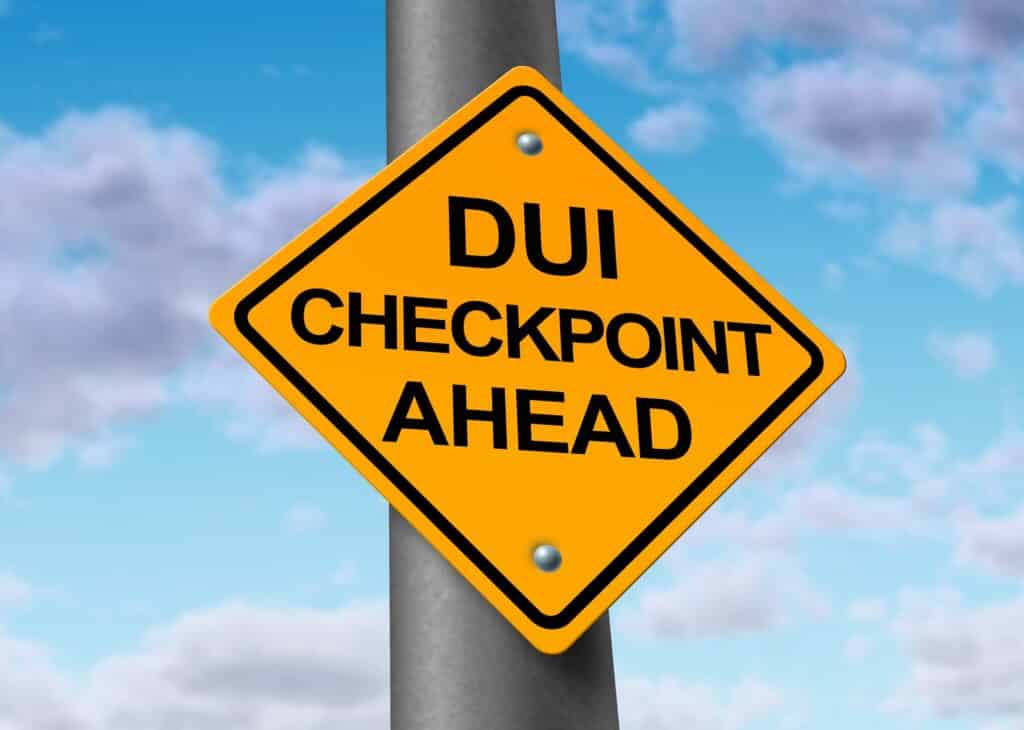In Colorado Springs, as in other American cities, certain illicit substances are associated with the nightlife or party scene. Perhaps chief among them is an illegal drug called Methylenedioxymethamphetamine (MDMA), commonly known as ecstasy. Typically, Ecstasy refers to MDMA in tablet form, and Molly is what the drug is called in its crystallized form. It is a potent stimulant, as the “methamphetamine“ part of the name suggests, but it also contains minor psychedelic properties. This can make it an irresistible choice for nighttime partygoers who are unconcerned with the drug’s numerous adverse health effects.
The concern, for many, comes from the charges that are brought up against you for possession or intent to sell MDMA. Colorado takes a firm stance against drug possession charges despite our state’s willingness to provide recreational options for legal drugs that were previously banned. Cannabis and Psilocybin are perfect examples.
Still, MDMA and its companion drugs, ketamine and GHB, are illegal. If you are facing charges for these drugs in Colorado, the Law Offices of Clifton Black, PC can help. What follows is a look at what these party drugs are and how they came to be. We’ll discuss what negative effects they have on your health, as well as the qualities that make them useful in medicine. Finally, we’ll talk about the drug charges you may face if you are arrested in possession of these drugs and how an experienced Colorado drug crime defense attorney can help with your case.
What is MDMA?
MDMA, known as ecstasy or Molly, is a synthetic drug that alters the user’s mood and perception. It is chemically similar to both stimulants and hallucinogens, so it produces feelings of increased energy, pleasure, happiness, and distorted sensory and time perception.
While users often seek out the heightened sensations, these come at a price. It is associated with serious health issues, including dangerous increases in heart rate and blood pressure, hyperthermia, muscle cramping, nausea, and blurred vision. It can also lead to severe dehydration and even lethal heatstroke. In the long term, MDMA can cause significant brain impairment and memory loss as well as emotional disturbances like chronic depression.
Colorado’s Legal Stance on MDMA
Colorado, like the federal government, classifies MDMA as a Schedule I controlled substance. This classification is reserved for drugs with a high potential for abuse and no currently accepted medical use in treatments across the United States. Schedule I drugs also lack accepted safety standards for use under medical supervision.
The legal penalties for possessing MDMA vary by the amount you have. Carrying more than 4 grams may lead to a level 4 drug felony charge, which includes the possibility of a 6 to 12 month prison term and a fine of between $1,000 to $100,000.
It’s important to note that the police use the weight of the substance to determine your charge. This means that the “chargeable weight” includes the weight of the tablets or crystals regardless of the actual MDMA content. Possession of large amounts may imply an intent to distribute, resulting in even harsher charges.
What is Ketamine?
Ketamine is a dissociative anesthetic, commonly used in medical settings for starting and maintaining anesthesia. It has a unique structure that allows it to induce a trance-like state while providing pain relief, sedation, and memory loss. Outside of its legitimate medical applications, it is sometimes used illicitly for its psychoactive effects.
As a recreational drug, it is often sought for its ability to produce a high that includes hallucinations and a feeling of disconnection from the environment, like an out-of-body experience. However, ketamine use is not without risks. It can cause adverse effects such as disorientation, agitation, dizziness, and, in extreme cases, a dangerous condition known as “k-hole.” This is where the user experiences severe dissociation along with a near-complete loss of motor functions.
Prolonged use of ketamine can lead to cognitive impairments, including memory loss, and can have a negative impact on mental health. It’s also associated with bladder issues, known as ketamine-induced cystitis, which can lead to long-term urinary problems.
Colorado’s Legal Stance on Ketamine
In Colorado, Ketamine is classified as a Schedule III controlled substance, which is a category for drugs with a moderate to low potential for physical and psychological dependence. Schedule III drugs are accepted for medical use with restrictions. Ketamine is recognized for its anesthetic properties and is legally used in both human and veterinary medicine.
Although classified as a schedule III controlled substance, In Colorado, the penalties for ketamine-related offenses are the same as those for MDMA Unlawful use is a misdemeanor, punishable by up to 12 months in jail and fines up to $750. Possession without authorization can lead to a level 4 drug felony, with 6-12 months in prison and fines up to $100,000. The sale or intent of sale of over 112 grams is a level 1 felony, carrying 8-32 years mandatory prison and up to $1,000,000 in fines.
What is GHB?
GHB, or Gamma Hydroxybutyrate, is a central nervous system depressant known commonly as liquid ecstasy. It is prescribed for the treatment of narcolepsy but has gained notoriety as a recreational drug for its euphoric and sedative effects. Unfortunately, the soothing nature of the drug makes it a popular “date rape drug” in higher doses.
Even more unfortunately, GHB is extremely dangerous due to its narrow window between intoxication and overdose. What began as an attempted sexual assault can quickly become involuntary manslaughter due to the drug’s volatile nature. Overdosing can lead to unconsciousness, coma, and even death. Prolonged use can cause dependence, withdrawal, and long-term effects such as memory impairment, depression, and anxiety.
Colorado’s Legal Stance on GHB
In Colorado, GHB (Gamma Hydroxybutyrate) is strictly regulated. Administering GHB (or ketamine) without consent is considered a serious offense under Colorado law. Under Colorado 18-13-123 C.R.S., such an action constitutes a class 3 felony. Those convicted can face between 4 and 12 years in prison and fines as high as $750,000. The state’s approach reflects the potential for GHB to be used in drug-induced crimes like sexual assault.
The Law Offices of Clifton Black, PC: Here When You Need Us Most
If you or someone you love is facing drug-related charges, contact the Law Offices of Clifton Black, PC, today at (719) 328-1616. Let our team defend your rights so a Colorado drug charge doesn’t impact your future.



